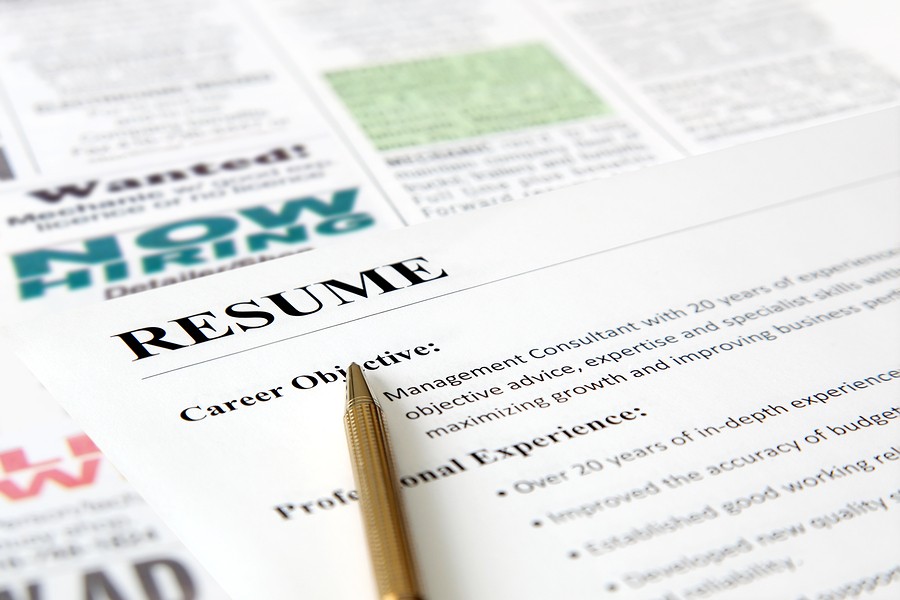2014-05-02 by Rebecca

Who hasn’t fretted over writing a resume? Even though it’s only a page or two, it basically requires you as an individual to put your entire life history relevant to a particular job in only a few hundred words. Who has the ability to do that, and do it well? The answer is, not very many people can. Resume writing is something everyone can learn to do, but very few are able to master. In that sense, it’s a lot like chess. In order to get that elusive interview, resumes need to make a good first impression on whomever reads it, whether that be a hiring manager or the person that could potentially be your direct supervisor.
While the common consensus is to create a keyword-rich scannable resume, passing by that first step only gets your foot in the door. Eventually, that resume will be read by a pair of human eyes, and getting an interview rests heavily on the information provided in the resume. Resumes that keep the essentials bullet-pointed and highlight results rather than needlessly list shaky personal accomplishments make you as a potential employee look better and make an interviewer more confident in your ability to do the job.
Tooting your own horn on your resume is perfectly fine as long as you’re able to make it relevant. Remember that potential employers are far more interested in what you can do for them rather than what benefits they can provide you. Listing achievements in your resume that either saved or made previous employers money stand out like a big neon sign that flashes “hire me.” You want to position yourself as the solution to a problem the company needs fixing, and your resume is the first step toward showcasing yourself in that role.
Resumes are the first type of non-verbal communication a potential employee will have with a company. It is truly the first impression, and the colloquial saying is correct: You never get a second chance to make first impression. A sloppy resume or a resume that leaves vital information out may shut you out of the interview process. Your resume is literally you on paper, so you want to put your best foot forward. Accentuate your positives and elaborate on what you do well; don’t try to run away from your weaknesses hide from them, but discussing them on your resume may keep you from getting an interview. On the other hand, lying about things on your resume may do you more harm than good also.
2015-02-24 by Carolyn
2015-02-23 by Carolyn
2015-01-07 by Steve
2015-01-06 by Steve